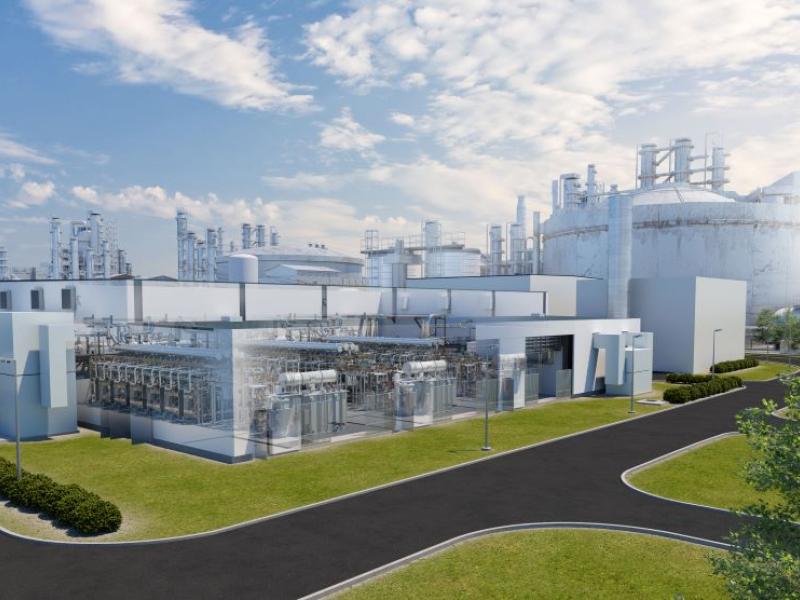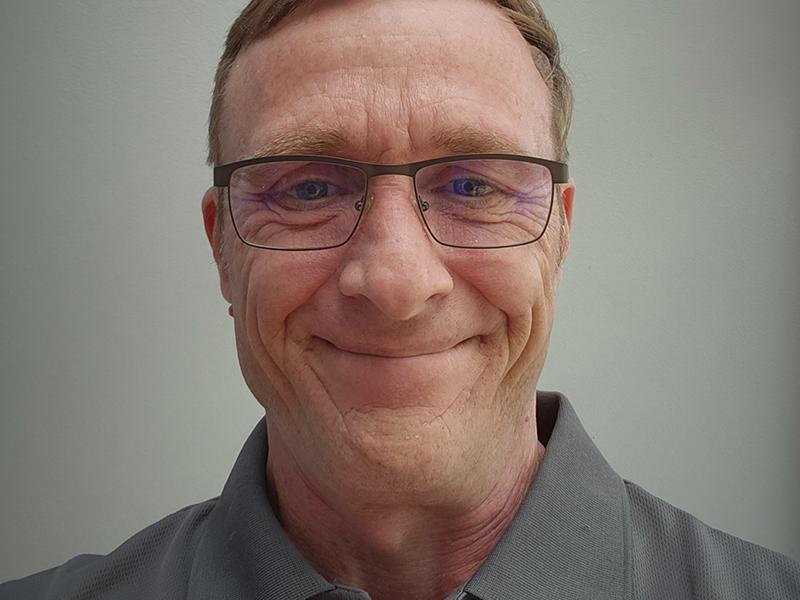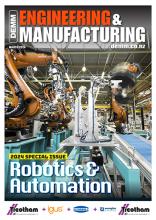James Dyson wants young people to tackle the world’s most pressing problems, using science, sustainable design and engineering.
The James Dyson Award, an annual engineering competition with a sustainability-focus run by Dyson’s charity, is now open and accepting submissions from young inventors who have ideas to improve our planet.
Since 2005, the Award has challenged entrepreneurial undergraduates and recent graduates of engineering to tackle a global problem, from environmental issues to improving healthcare practices. Past winners have developed solutions to advance plastic recycling (Plastic Scanner) and the biodegradability of materials (MarinaTex, AuREUS), as well as bettering at-home medical diagnostics (Blue Box, HOPES).
To date, the competition has awarded 390 inventions with prize money, and over 70% of past global winners are commercialising their winning inventions. We need more game-changing ideas to tackle global environmental and medical problems, and James Dyson thinks young people have the answers and drive to make a difference.
Sir James Dyson, Founder, said: “We are looking for young engineers who are hard-wired to solve problems sustainably, often using less energy and fewer materials, and who want to improve the world through their ideas. Young people have the ideas that can change things for the better, and they should be encouraged. The James Dyson Award gives them the platform to pursue their inventions, and I look forward to judging this year’s entries. Good luck!”
Sir James Dyson chooses the competition’s global winners; they receive vital funding and high-profile recognition – key first steps to take their ideas into real life practical application.
What can winners expect?
1. Prize money. Global winners receive NZ$57,000 and National winners receive NZ$9,500 to put towards the next phase of their invention’s development.
2. Media attention. Previous winners have highlighted the awareness brought by the Award as one of the most valuable contributions to getting their ideas off the ground.
3. Past winner support. Last year the Award launched a network for past winners commercialising their inventions; events and networking opportunities for winners to connect, share experiences and consider inter-winner mentorship.
Each participating country and region will award a National winner (NZ$9,500) and two National runners-up. The National winners are chosen by an external panel in collaboration with Dyson. Last year, the Award opened for the first time in Thailand and Turkey, and this year the competition launches in Portugal.
Those that win a National accolade proceed to the International shortlist and awarding stages, where James Dyson selects his global winners.
What makes a good entry?
The best inventions solve a real-world problem that impacts our planet. They provide clear and intelligent solutions. A successful past winner was Massey University student Rik Olthuis with invention Voronoi Runners, fully biodegradable footwear which addresses the global issue of waste from the footwear industry. The shoe can be easily deconstructed, with every component and material able to be composted at the end of its life.
Rik commented: “Entering the James Dyson Award is a great way to have your ideas and designs evaluated and brought in front of critical eyes, helping with the transition from idea to realistic opportunity. Taking student work and presenting it in a professional light is a difficult step and James Dyson helps bring a sense of support and community in New Zealand’s product design market.”
In his entry to the JDA, Rik had thought about the full lifecycle of his invention - from its material choice and eliminating nasty adhesives, to production via 3D printing and then thinking through what happens to these shoes at the end of life. Nik explained that even sustainable footwear using recycled or biodegradable materials still involve the use of strong adhesives, so he was inspired to design a sneaker using only biodegradable materials with no adhesives.
Head to www.jamesdysonaward.org to find out more and apply.






